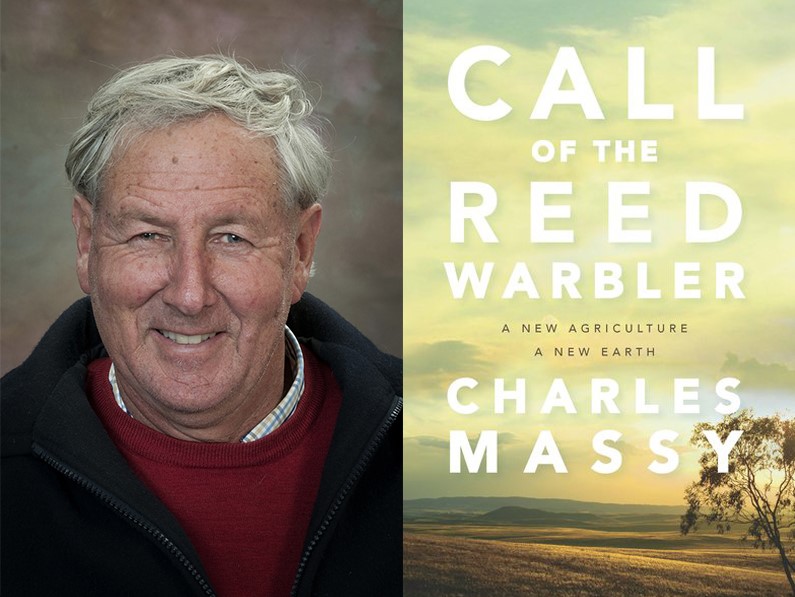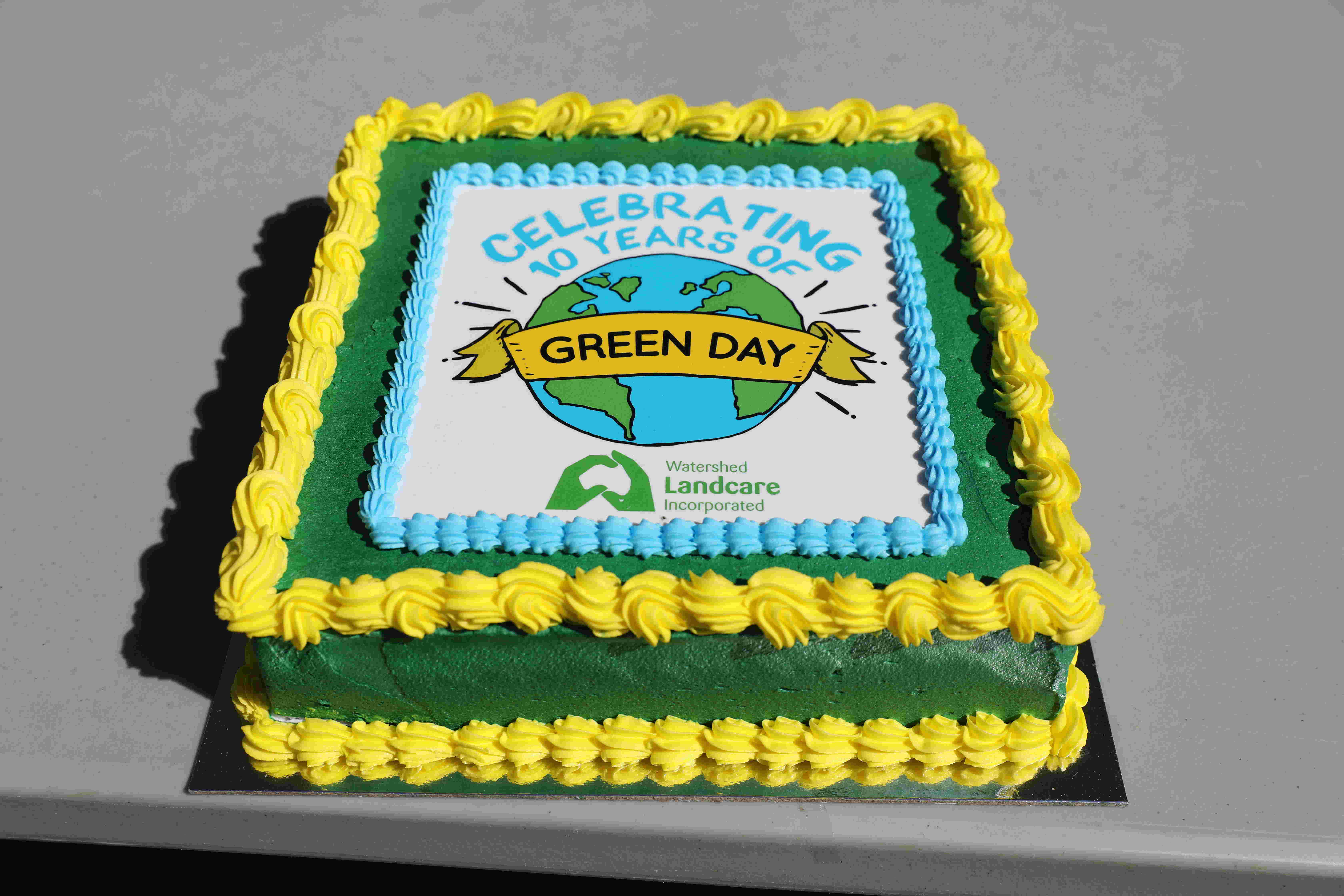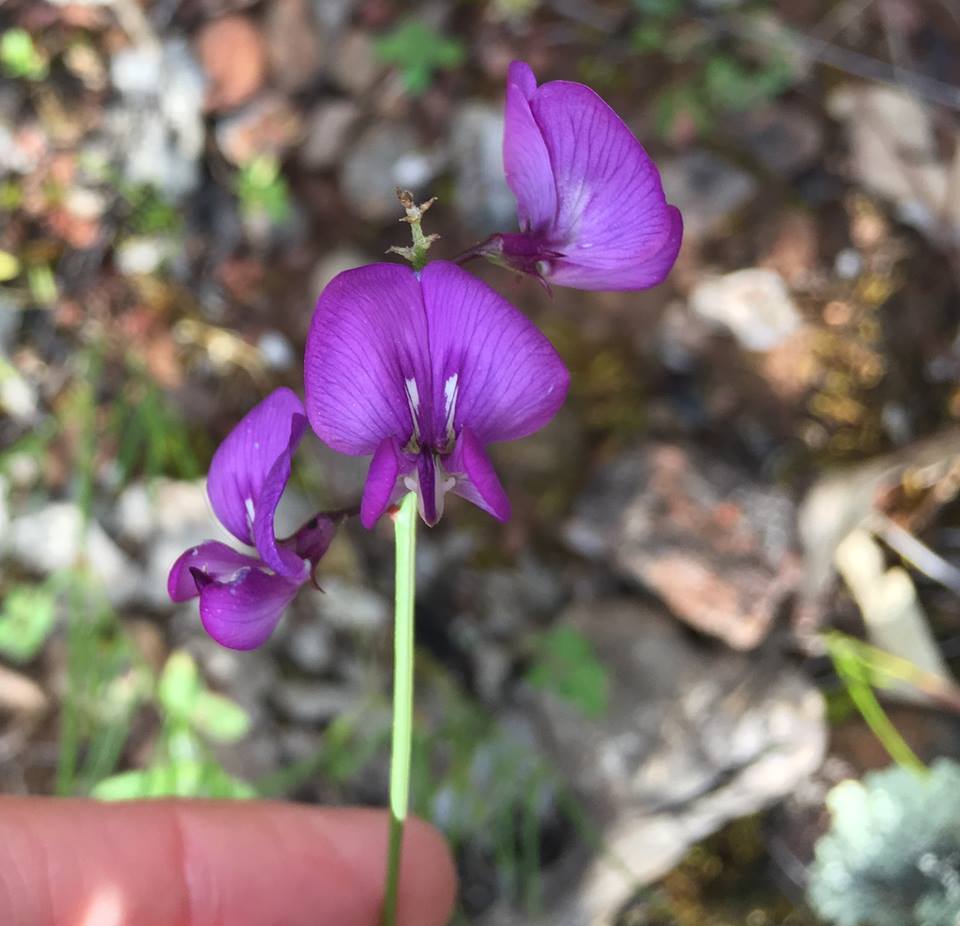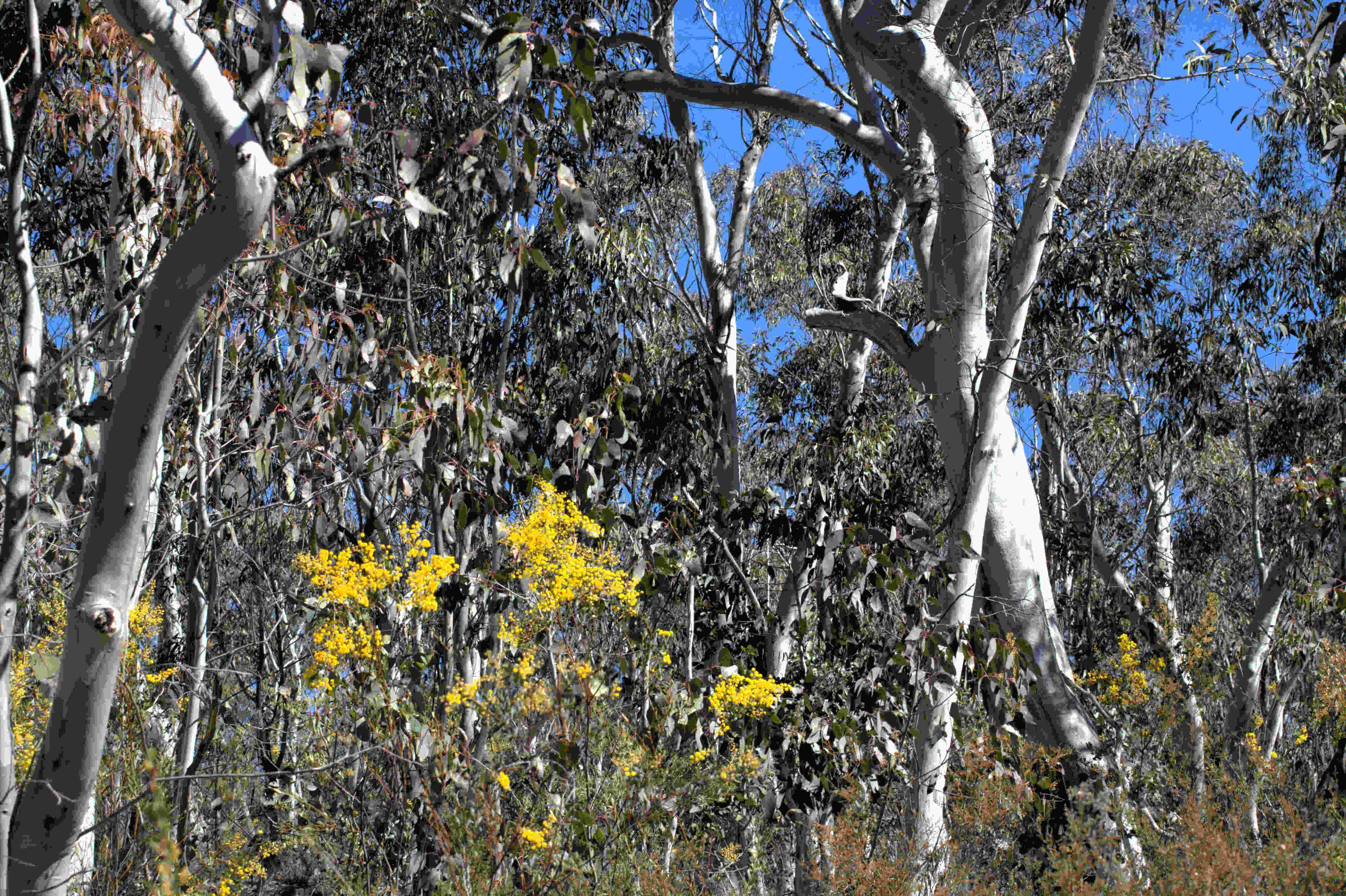Farming for the land’s future
Drought not only affects the land, crops and livestock but also the outloook, not only of farmers and their families, but entire communities. When the season is tough, sometimes it’s easy to loose sight of the positive.
A one day event, to be held in Bathurst in November, aims to focus on the positive aspects of economic and environmental sustainability of farming in Australia.
Organised by Greening Bathurst, the Our Farming Future conference will center on the themes of working with nature and climate change.
The one day conference will be held from 9am-5pm on Saturday 10 November at the Flannery Centre, 341 Havannah St, Bathurst.
Bruce Pascoe, author of ‘Dark Emu’, and Dr Charles Massy, Cooma grazier and author, will be the keynote speakers.
Charles Massy is a fifth-generation sheep grazier turned ecologist and his most recent book which explores regenerative agriculture in Australia through the stories of it’s innovative practitioners, ‘Call of the Reed Warbler’, has achieved wide acclaim.

Ten farmers from the region will also be sharing their good news stories on the day.
Conference registration is $50 ($25 concession) and includes lunch and web access to outcomes. Attendees are invited to stay for post conference drinks and finger food at an additional $20. To register online visit: www.greeningbathurst.org.au/events.
Watershed Landcare would like to support members of our community to attend the conference and we are offering 3 paid registrations for farmers from our district to attend. Please contact Claudia Wythes, Watershed Landcare Coordinator, to register your interest: claudia.wythes@watershedlandcare.com.au.
Additional scholarships are available through Greening Bathurst. Contact greeningbathurst@gmail.com for more information.



